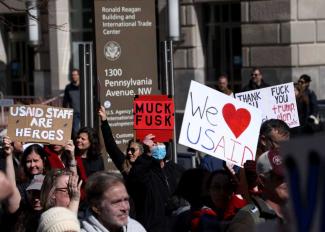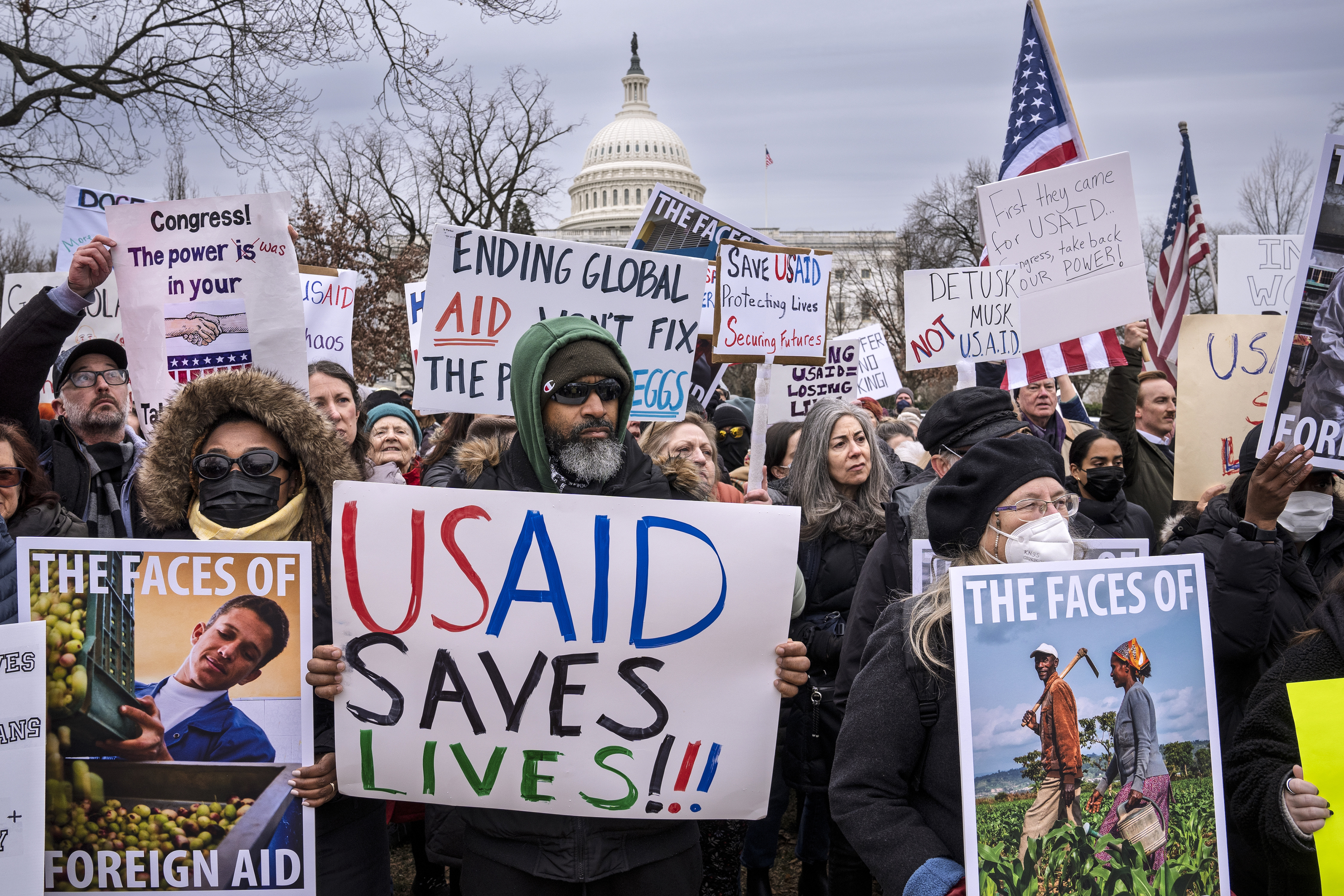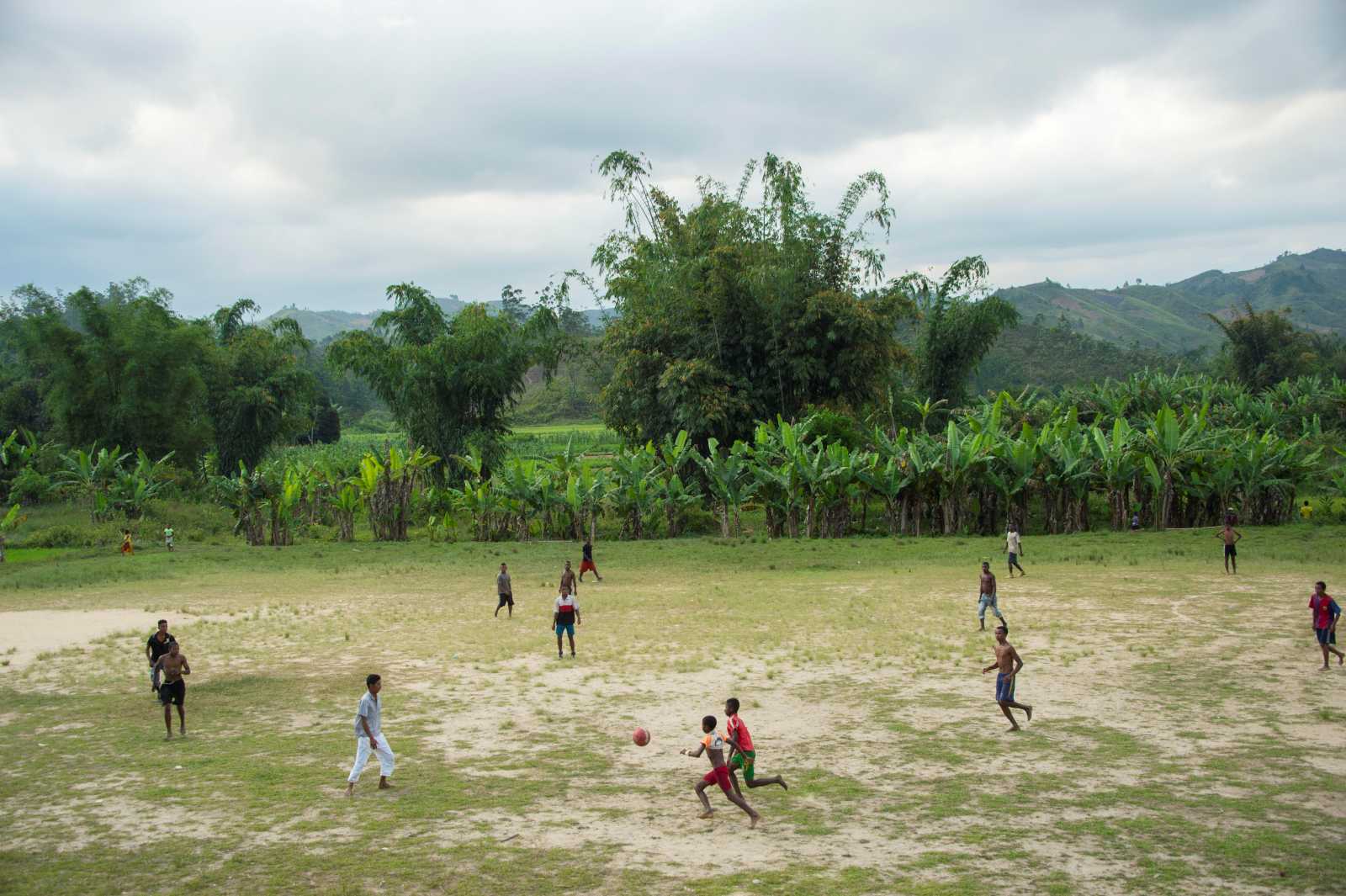Development politics
Global voices on ending USAID, part 1

The freezing of USAID has plunged Tanzania’s civil-society sector into crisis and interrupted health, education and human-rights programmes. Thousands of jobs are at risk, and vital services – such as free HIV drugs – have been cancelled, pushing marginalised populations further into need. The decision highlights the vulnerability of projects dependent on foreign funding. It has also led to calls for greater financial independence through the mobilisation of local resources. As Tanzania, like the continent as a whole, seeks solutions, the future of millions of people hangs in the balance, highlighting the human cost of abrupt policy changes.
Kizito Makoye, journalist, Tanzania
In early March, refugees in Kakuma camp in Kenya clashed with police officers during protests after food supplies were cut to 40 %. These extreme cuts by the World Food Programme (WFP) are a result of the cutting of the USAID programme by Donald Trump. The US was a major donor of the WFP.
Food was scarce already for several years, with food ratios cut to 60 % last year. But now things have taken a dangerous turn. Mavoo, a TikTok influencer from the camp, aired the demonstrations live. In the videos, protesters are seen holding up signs calling for food and water. Also, the refugees carried empty cooking pots after the WFP discontinued the supply of cooking oil and beans completely.
The peaceful protests escalated when police intervened, reportedly using tear gas and live ammunition leaving four refugees and a local government official injured. Amid all of this, the population in Kakuma camp and Kalobeyei settlement is growing due to the crises happening in Sudan and the Democratic Republic of the Congo.
Alba Nakuwa, journalist, from South Sudan
In Zimbabwe, the cuts in USAID funding are refocusing attention on the strength of the government’s social-protection initiatives, while testing the resource-mobilisation capacity of local responders. In fact, the current direction is actually in line with the localisation agenda of the United Nations. Media reports have emphasised the disruption to sectors that provide basic needs, such as the aid-dependent health sector, and agricultural and food-aid programmes. The arbitrary cuts have also led to increased job insecurity, particularly in the international development sector.
Alundrah Sibanda, humanitarian aid and international development professional, Zimbabwe
January began with terrible news that cut off life and air for NGOs, partners, the community and beneficiaries of USAID projects. We hope that everything can be saved. As a partner of USAID, we funded a project to strengthen mental health in Cambodia. The executive order of US President Trump is a challenge, especially for very remote communities. We are struggling with the negative effects of the USAID funding freeze. This will further divide the world and endanger world peace. We are grateful for USAID’s role as a humanitarian organisation, peacemaker and promoter of community resilience. Please don’t take that away from us!
Lemhuor Bun, mental health counsellor, Cambodia
If you want to share your experience, please write us at euz.editor@dandc.eu.
















